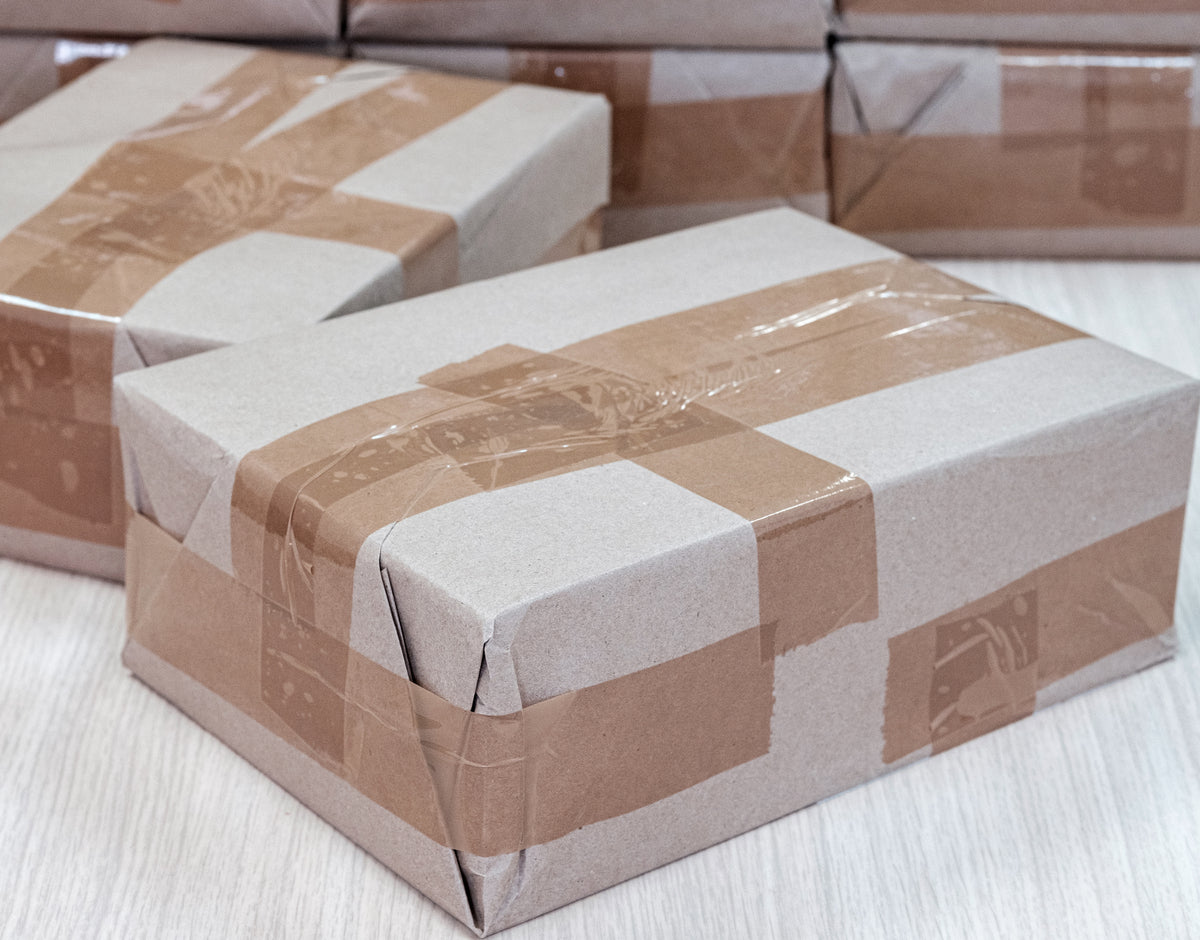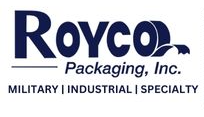The United States military applies the principle of uniformity and extremely high quality to all of its operations. When things are standardized and tested, it enables aspects such as commonality, reliability, and compatibility between systems, ensuring that goods satisfy requirements and overall interoperability in defense-related goals and objectives. Manufacturers, suppliers, retailers, and consumers can make use of the standards outlined in the various military specifications in order to attain the best quality. So, what are mil-specs exactly?

MIL-SPECs, or Military Specifications, are a set of standardized requirements and guidelines developed by the United States military for the design, manufacture, and testing of equipment and materials used by the military. These specifications are used to ensure that products meet the specific needs and requirements of the military and are able to withstand the rigors of military use.
MIL-SPECs cover a wide range of products and materials, including electronics, clothing, vehicles, ammunition, and packaging materials. These specifications are developed through extensive research, testing, and evaluation by the military and its contractors to ensure that products meet the necessary performance standards and can function effectively in a variety of challenging environments and conditions.
The use of MIL-SPECs is important for several reasons. First, it helps to ensure that the military has access to high-quality, reliable products that meet its unique needs and requirements. This is particularly important for equipment and materials that are critical to the success of military operations, such as weapons systems and communication equipment.
Second, the use of MIL-SPECs helps to promote standardization and interoperability across different branches of the military and with other allied forces. By using standardized products and materials, the military can streamline logistics and reduce costs associated with maintaining multiple types of equipment and supplies.
Finally, MIL-SPECs help to promote innovation and technological advancement by setting high standards for product performance and reliability. By challenging manufacturers to meet these standards, the military encourages the development of new technologies and products that can be used in a variety of applications beyond military use.
Packaging Related Mil-Specs
Clients in the aerospace industry, government and defense contractors, electronics manufacturers, and others should consider mil-specs when choosing the appropriate packaging products.
Here are a few of the most common military specifications pertaining to packaging and the protection of packaged goods.
- MIL-D-3464 covers bagged, chemically inert, dehydrating agents (Desiccants) that prevent corrosion and mildew by adsorbing the moisture from the air of an enclosed space.
In addition to the specifications above there are many more pertaining to everything from cushioning, to crating, to boxes. To further complicate things, numerous older specifications which have been retired by the military are still commonly referred to within the industry.
The packaging specialists at Royco Packaging can provide assistance with the interpretation of mil-spec language for those less familiar, in addition to providing the mil-spec materials and products needed for product packaging and shipping. Not just in the military, but also in many sectors of consumer markets mil-spec provide a great standard to adhere to.

